In a significant development that highlights the complexities and challenges of the aviation industry, Nigeria’s Green Africa Airways recently announced the suspension of its domestic flight operations due to an unexpected issue with its aircraft lessor. This disruption, however, has been swiftly followed by the acquisition of the airline’s first owned aircraft, an ATR 72-500, marking a pivotal milestone in its journey.
For aviation enthusiasts and professionals in Mexico, the story of Green Africa Airways serves as a compelling example of the dynamic and often unpredictable nature of the aviation sector. Launched in the midst of the COVID-19 pandemic, Green Africa Airways has quickly established itself as a key player in Nigeria’s domestic air travel market, known for its commitment to safety, affordability, and reliability. The recent events surrounding the airline not only underscore the resilience of the aviation industry but also provide valuable insights into the operational and financial challenges faced by airlines globally.
The suspension of Green Africa Airways’ operations was triggered by an issue with its lessor, ACIA Aero Leasing, which repossessed three ATR 72-600 aircraft using the Irrevocable De-Registration and Export Request Authorization (IDERA). This legal mechanism allows lessors to reclaim aircraft in cases of default, highlighting the stringent financial and operational requirements that airlines must adhere to. As a result, Green Africa Airways was forced to suspend its flights until after the Eid al-Fitr holidays, causing inconvenience to its valued customers.
However, in a swift and strategic move, Green Africa Airways announced the acquisition of its first owned aircraft, an ATR 72-500 with the registration mark 5N-GAB. This aircraft, formerly operated by Channel Islands carrier Aurigny and Korea’s Hi Air, has been partly financed through a debt facility provided by Access Bank, one of Nigeria’s leading financial institutions. The acquisition is seen as a significant step forward for the airline, enabling it to navigate the next phase of its growth with greater autonomy and financial stability.
The acquisition of the ATR 72-500 by Green Africa Airways is not just a financial milestone but also a strategic one. The ATR 72 series is known for its efficiency and reliability, making it an ideal choice for regional and domestic operations. This move aligns with Green Africa’s vision of expanding its fleet and enhancing its service offerings, which is crucial in a competitive market like Nigeria’s.
From a broader perspective, the challenges faced by Green Africa Airways reflect the global aviation industry’s vulnerabilities to financial and operational disruptions. The use of IDERA by lessors underscores the importance of robust financial planning and risk management for airlines. Additionally, the support from financial institutions like Access Bank highlights the critical role that banking and finance play in the aviation sector, particularly in emerging markets.
The story of Green Africa Airways’ recent suspension and subsequent acquisition of its first owned aircraft serves as a testament to the industry’s resilience and adaptability. For aviation professionals and enthusiasts in Mexico, this narrative offers valuable lessons on the importance of financial stability, strategic planning, and the role of key stakeholders in the aviation ecosystem.
As the global aviation industry continues to evolve, the experiences of airlines like Green Africa Airways provide insights into the challenges and opportunities that lie ahead. The acquisition of the ATR 72-500 by Green Africa Airways is a positive step towards ensuring sustainable and reliable air travel in Nigeria and beyond, and it underscores the potential for growth and innovation in the sector.
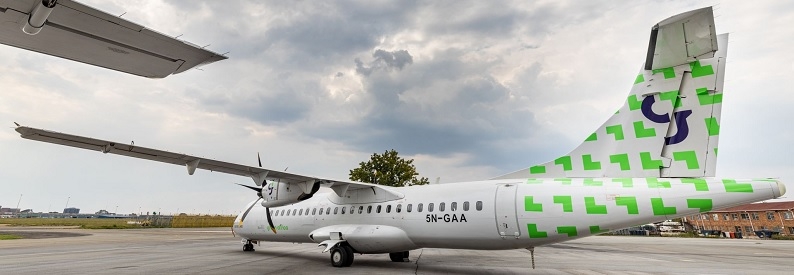
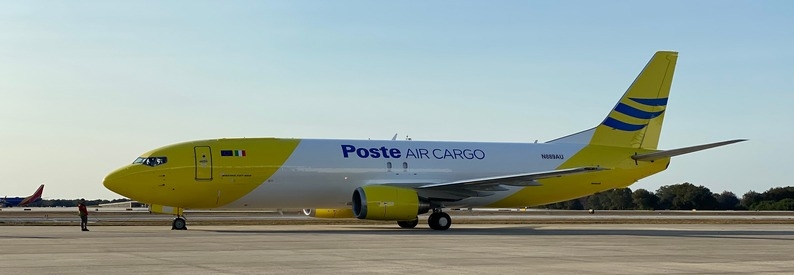

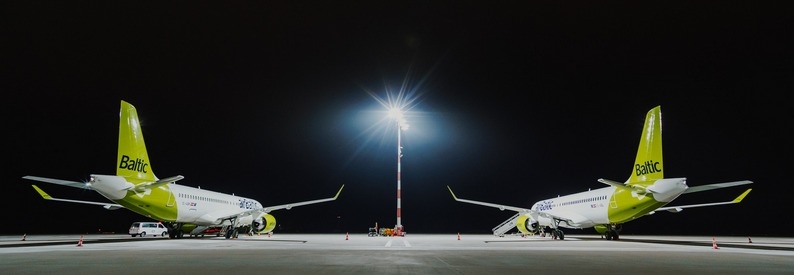
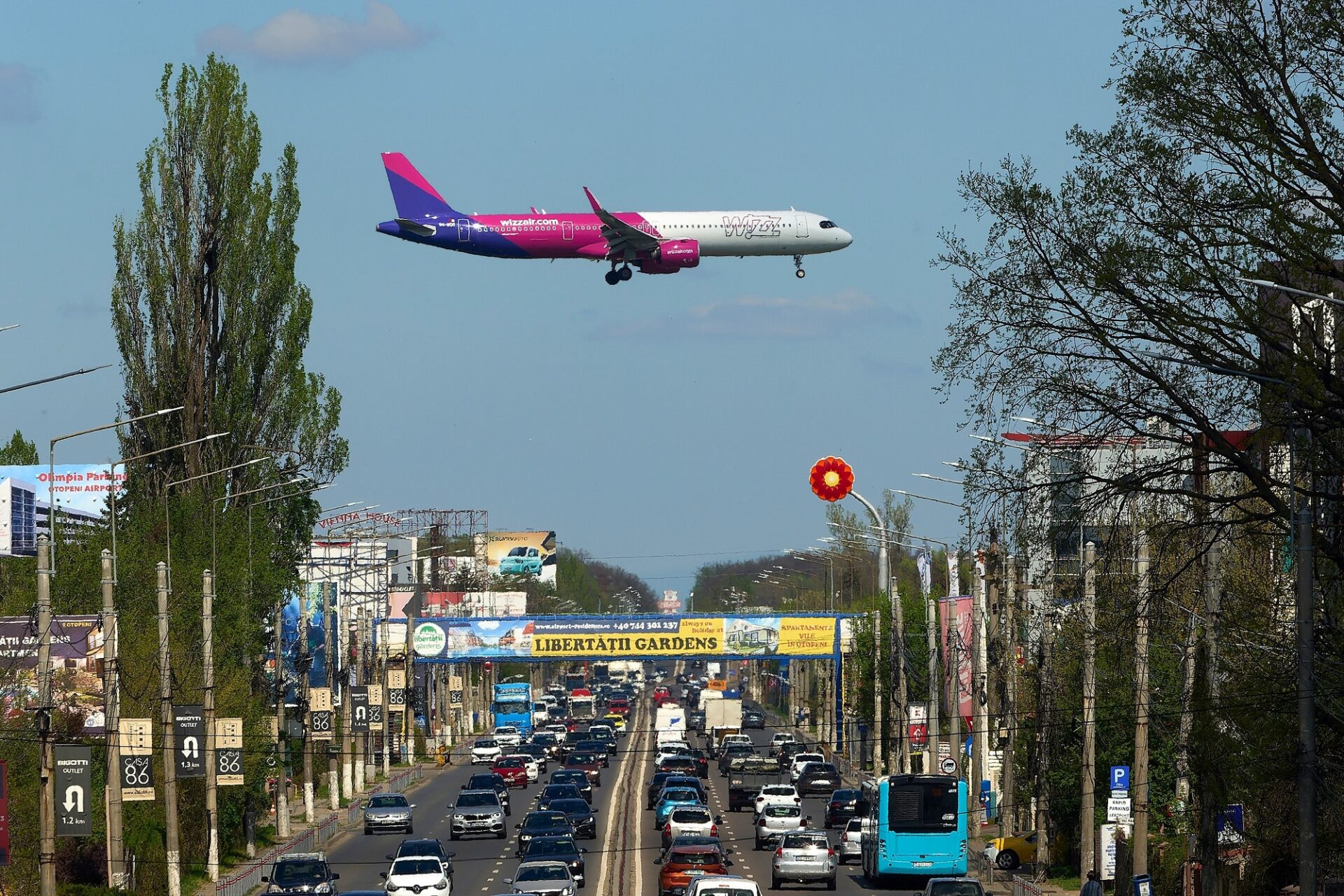
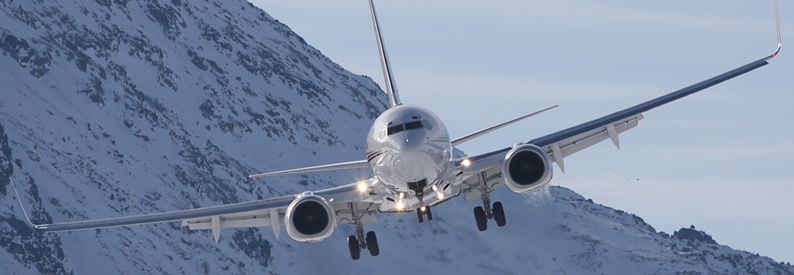
Deja una respuesta